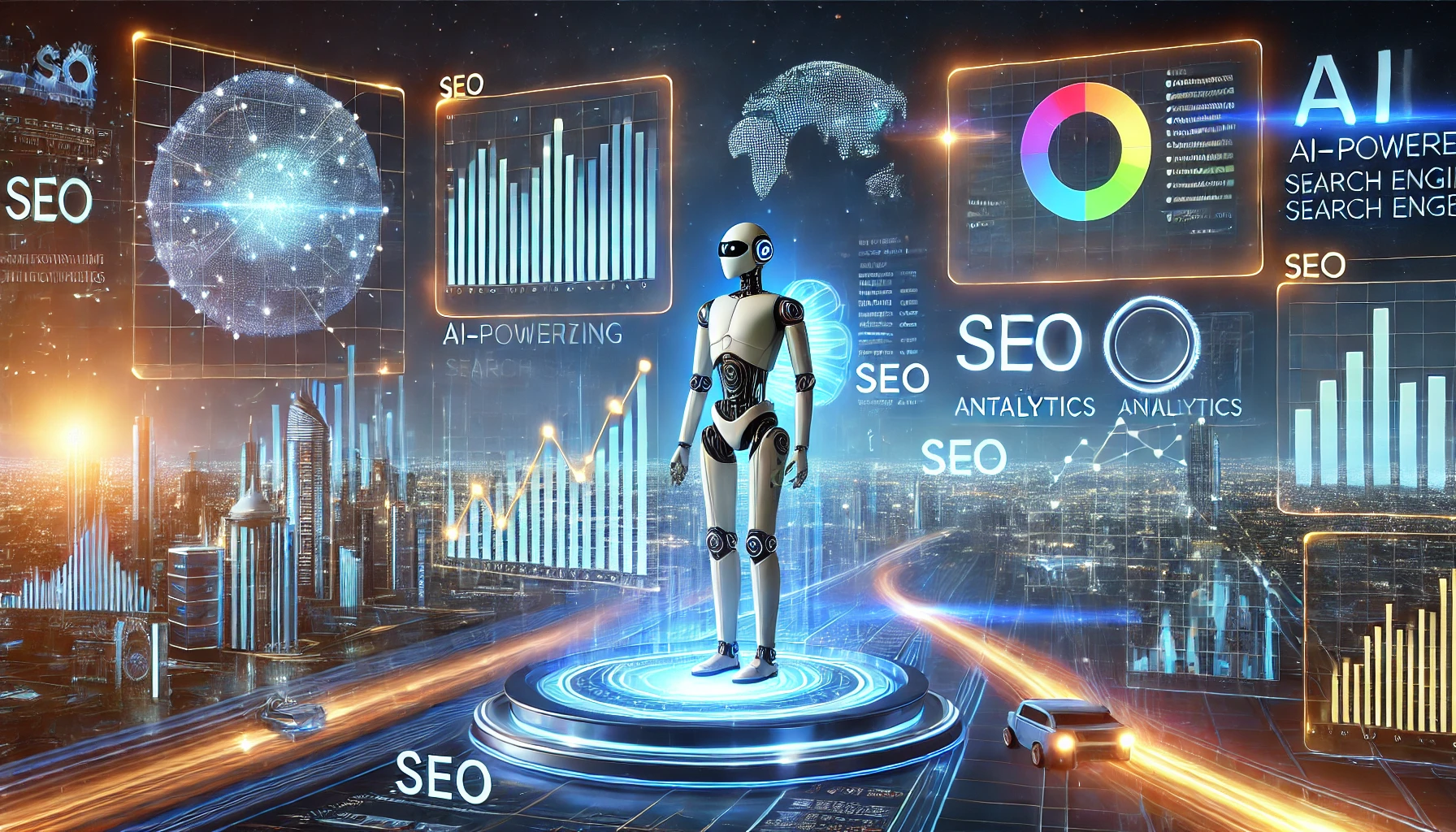Search engine optimization (SEO) is undergoing a massive transformation, thanks to the rapid advancements in artificial intelligence (AI). As we enter 2025, AI is no longer just a supporting tool for search—it’s the driving force behind how search engines process queries, rank content, and personalize results.
In this blog, we’ll explore the impact of AI on SEO, the changes in search algorithms, and how businesses can adapt to stay ahead.
The AI Revolution in Search
1. AI-Powered Search Algorithms
Search engines like Google and Bing now rely heavily on AI models to interpret search intent, analyze content relevance, and detect spam. Google’s AI-driven algorithms, such as RankBrain, BERT, and MUM, have evolved to understand natural language better than ever before.
In 2025, AI can process complex multi-modal queries—combining text, images, and even voice—to deliver highly accurate search results. This shift means that traditional keyword-based SEO is becoming less relevant, and content quality and user experience are taking center stage.
2. Voice and Visual Search Optimization
With AI’s ability to understand and process voice and images, voice search and visual search have become mainstream. Businesses must optimize their content for conversational queries and ensure their images are properly tagged and structured for AI-based image recognition.
For instance, Google Lens and AI-driven voice assistants can now interpret images and spoken queries, making metadata and alt text more crucial than ever.
3. Personalized Search Experiences
AI enables hyper-personalized search results based on user behavior, preferences, and search history. This means that two users searching for the same term may see entirely different results based on their browsing patterns.
To optimize for personalized search, businesses must focus on user engagement metrics like click-through rates (CTR), dwell time, and bounce rates, as search engines use these factors to determine relevance.
How Businesses Can Adapt Their SEO Strategies
1. Focus on E-E-A-T (Experience, Expertise, Authoritativeness, and Trustworthiness)
Search engines prioritize content from authoritative sources. Businesses should establish themselves as industry leaders by creating high-quality, fact-checked, and well-researched content.
2. Optimize for Conversational Search
With the rise of AI-driven search assistants, optimizing content for natural, question-based queries is crucial. Implementing FAQ sections, schema markup, and long-tail keyword strategies can improve visibility.
3. AI-Powered Content Creation and Optimization
AI tools like GPT-based content generators and SEO assistants help businesses create optimized content quickly. However, human oversight remains essential to ensure accuracy, relevance, and engagement.
4. Structured Data and Semantic SEO
AI relies on structured data to understand content better. Implementing schema markup, structured metadata, and semantic SEO techniques helps search engines categorize and display content effectively.
Conclusion
AI is revolutionizing SEO by making search engines smarter, more intuitive, and deeply personalized. Businesses that embrace AI-driven SEO strategies—focusing on user experience, high-quality content, and advanced optimization techniques—will thrive in 2025 and beyond.
Want to stay ahead in the AI-driven SEO landscape? QB Solutions is here to help you navigate the evolving digital world. Contact us today for expert SEO strategies tailored for the future!
